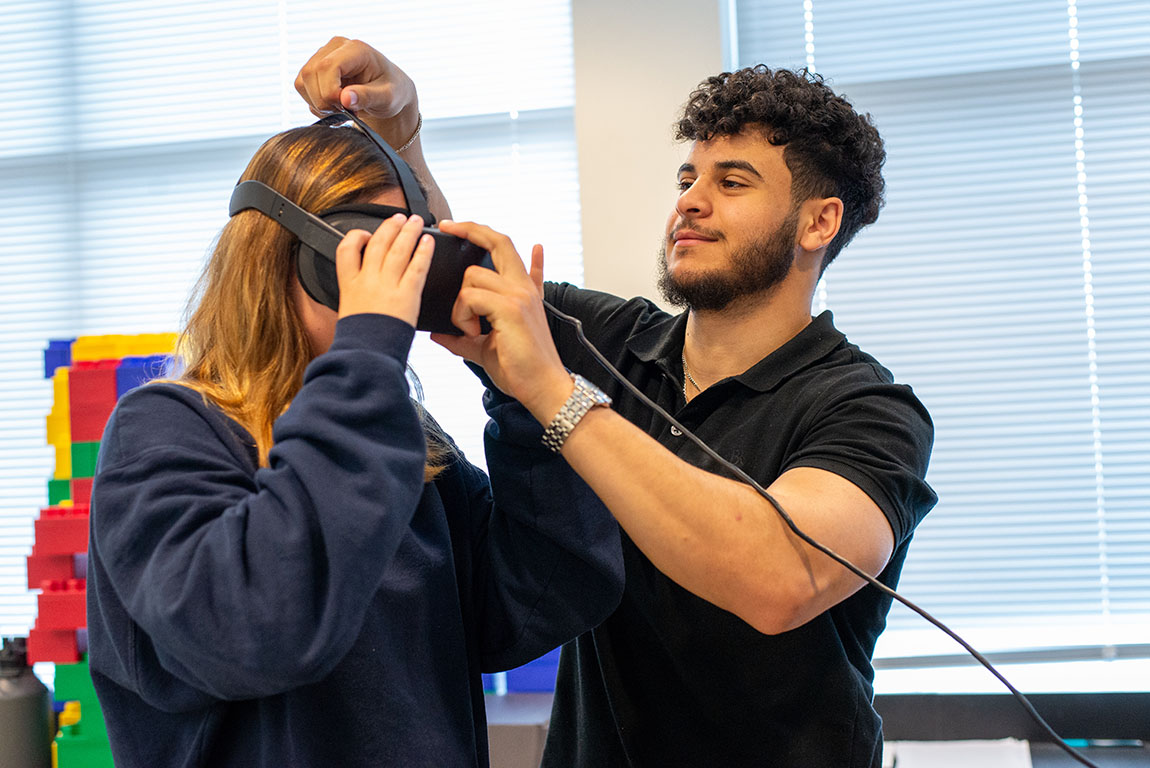
Curriculum Update & Neuroscience Minor
The changes reflect the College’s investment in the department and a desire to better integrate the discipline with the liberal arts.
Inquire into the nature of the mind and experience and the study of behavior through the interdisciplinary lens of neuroscience.
Neuroscience at Muhlenberg draws students who are curious about the ultimate relationship of the brain, the mind, and behavior. After completing the major, a student will be able to describe how neurons work, how neural circuits organize and process information and how the nervous system underlies - in some way - our experience of many states of consciousness, in both neurotypical and neurodivergent ways.
Through hands-on learning and research with faculty, students develop strong foundational training in the latest knowledge emerging in neuroscience, from molecules to behavior. Because neuroscience is interdisciplinary, what a student learns will be shaped by knowledge and discovery from adjacent disciplines, including philosophy, chemistry, biology, psychology and mathematics.
Our Neuroscience Department has wide-ranging and diverse expertise in research. Each faculty member directs their own research lab in which students collaborate in discovery. Our specific research strengths include the structure and function of neurotransmitter receptors, the molecular basis of drug action, the neurohormonal basis of social behavior, the neural physiology of flavor and olfaction, the specific roles and functions of memory (& forgetting) in human psychopathology, and the interrelationship of the body and the brain in making sense of how we perceive and act.
Our faculty have recently created a series of elective courses for the major that speak to the present moment in American society, connecting neuroscience to sex, to racial identity, to disability and to the history of drug regulation in the United States. We have reaffirmed our commitment to supporting the careers of Black neuroscientists by inaugurating a Black In Neuro spotlight seminar series and by carefully reviewing the core curriculum to ensure it is deeply centered in an anti-racist orientation.
As neuroscientists, we look for independent, creative thinkers who see themselves at the intersection of several disciplines—and who enjoy coloring outside of the lines. Indeed, many neuroscience students choose to double major or to minor in an academic area far afield from neuroscience, including philosophy, art, music, math, theatre, dance and public health.
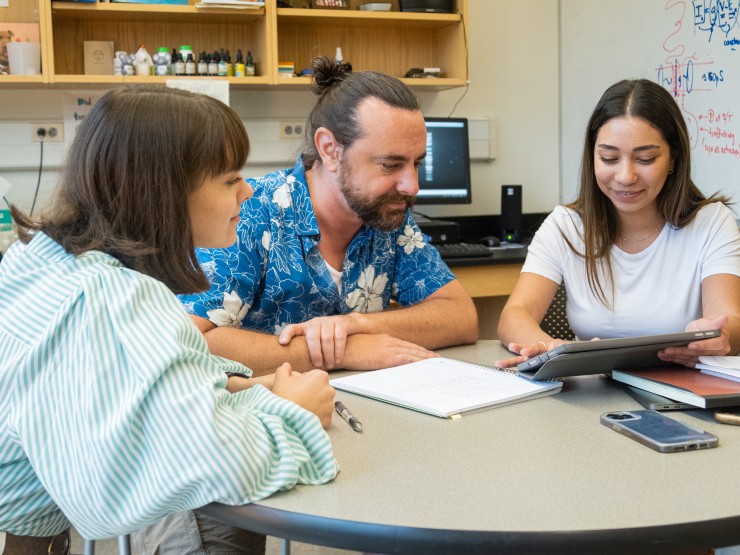
Neuroscience research at Muhlenberg follows the interests and curiosity of students and the passion and expertise of faculty. Learn about the opportunities available for these valuable collaborations.
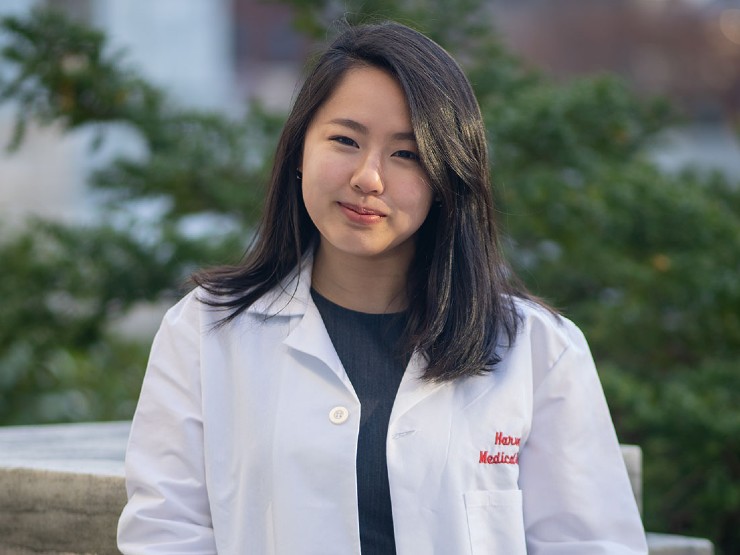
Our neuroscience graduates pursue careers in medicine, research, law, teaching and so much more.
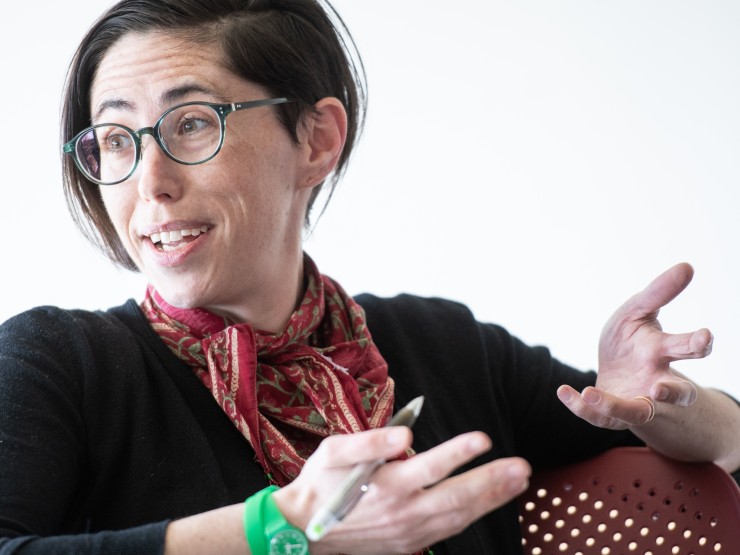
A significant piece of what sets the neuroscience program apart is our faculty's dedication to working with curious and creative students.
In a new Muhlenberg Integrative Learning Abroad (MILA) course, students took an interdisciplinary deep dive into the life and nature of the Potomac River Valley. The two-week course blended neuroscience, theatre and English in an unforgettable experience that challenged students to truly see and appreciate an abundant, if often overlooked, part of the United States.
Neuroscience at Muhlenberg
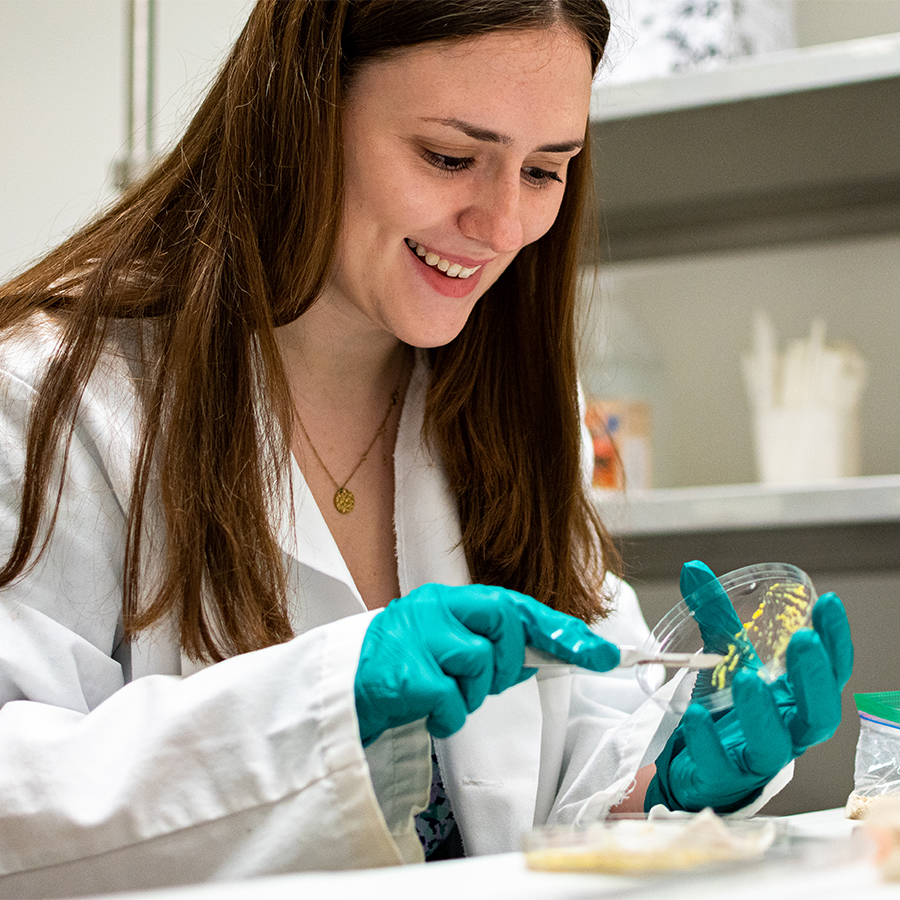
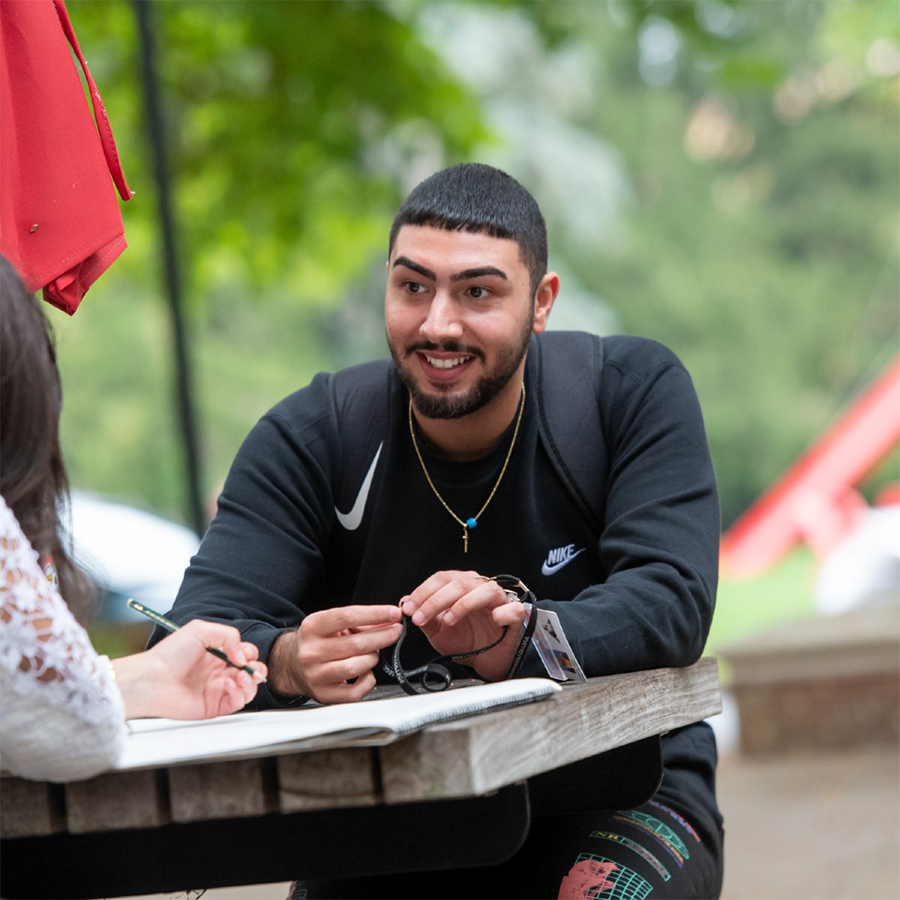

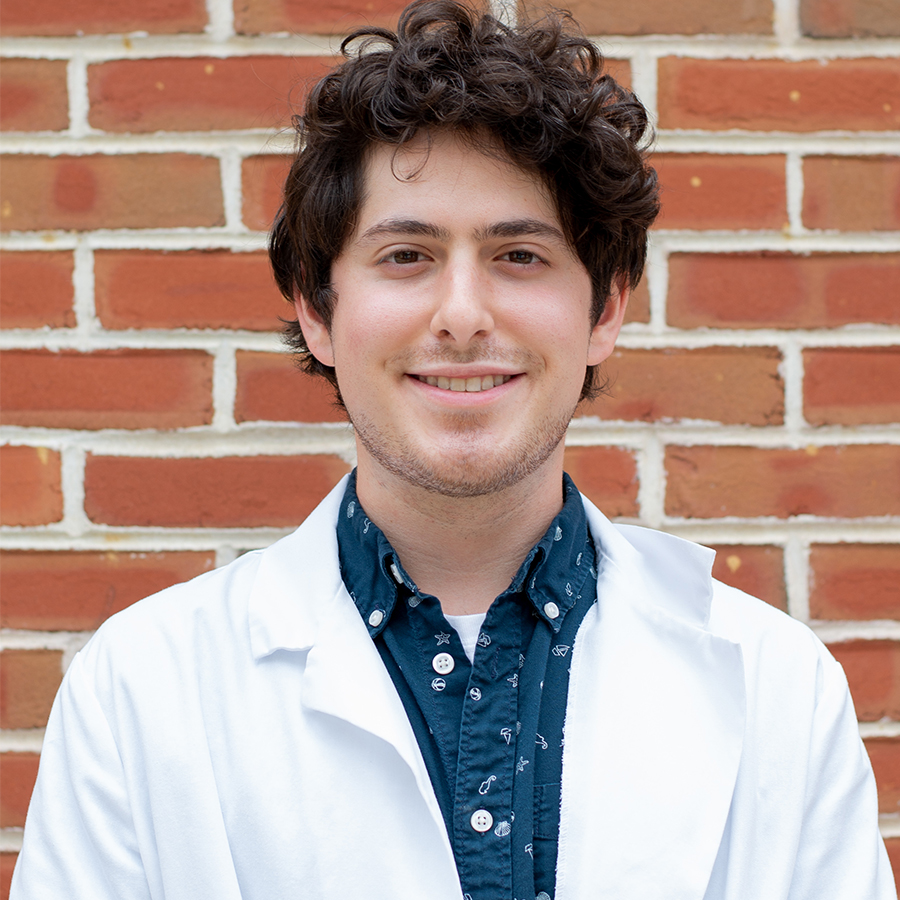
“I really wanted to pursue both neuroscience and English, and Muhlenberg was one of the only schools that would let me do that.”— Ava Duskic '23 , Engish and Neuroscience Double Major
“The encouragement I received from faculty motivated me to do better not only in their classes, but in other courses outside of neuroscience.”— Joseph Neeh '22 , Prehealth Neuroscience Major
Singh, a third-year medical student at Temple University’s Lewis Katz School of Medicine at St. Luke’s, was on a panel discussing a student-led care center targeting those with limited or no health care access.
The incredibly competitive mid-career advancement award will allow Sprayberry and her undergraduate research students to open up a new line of inquiry in her lab, which explores how the sensory processing of pollinators drives behavior.
Eva Telzer of UNC Chapel Hill is the 2024 Rosenberg and Lambert Speaker and will give her talk on February 8.
The changes reflect the College’s investment in the department and a desire to better integrate the discipline with the liberal arts.